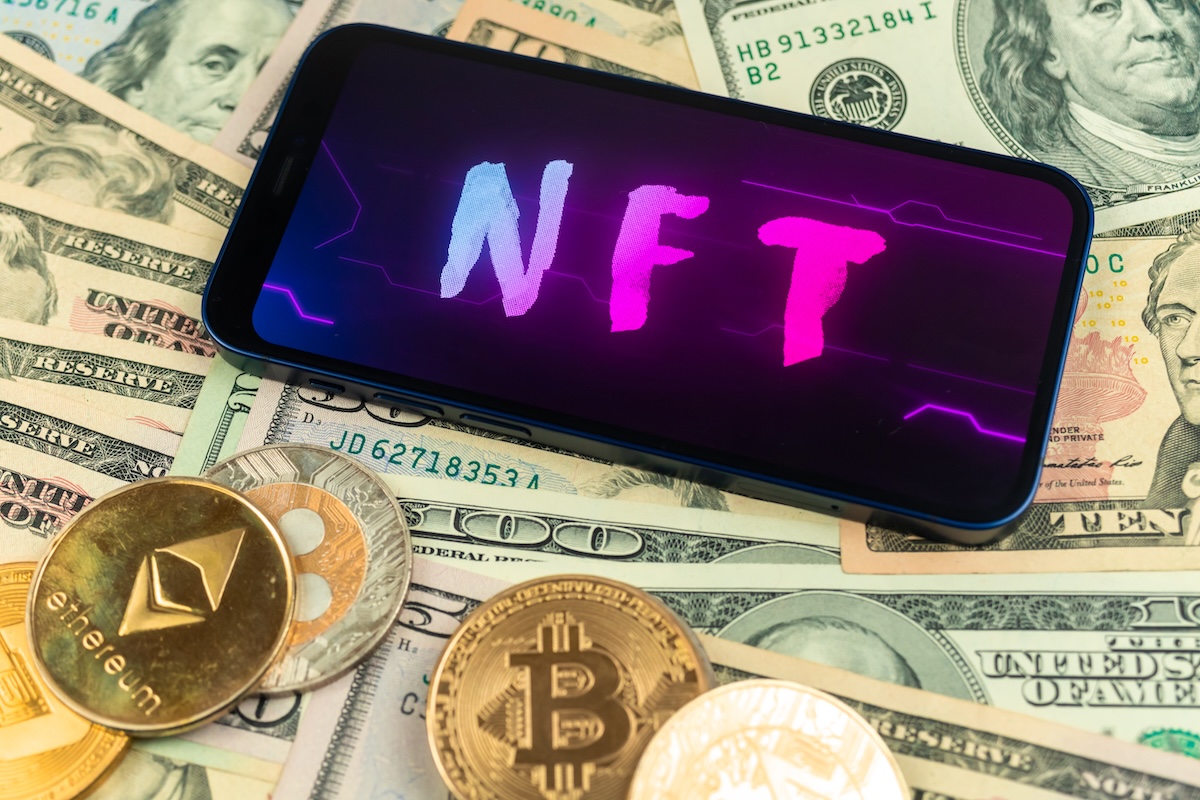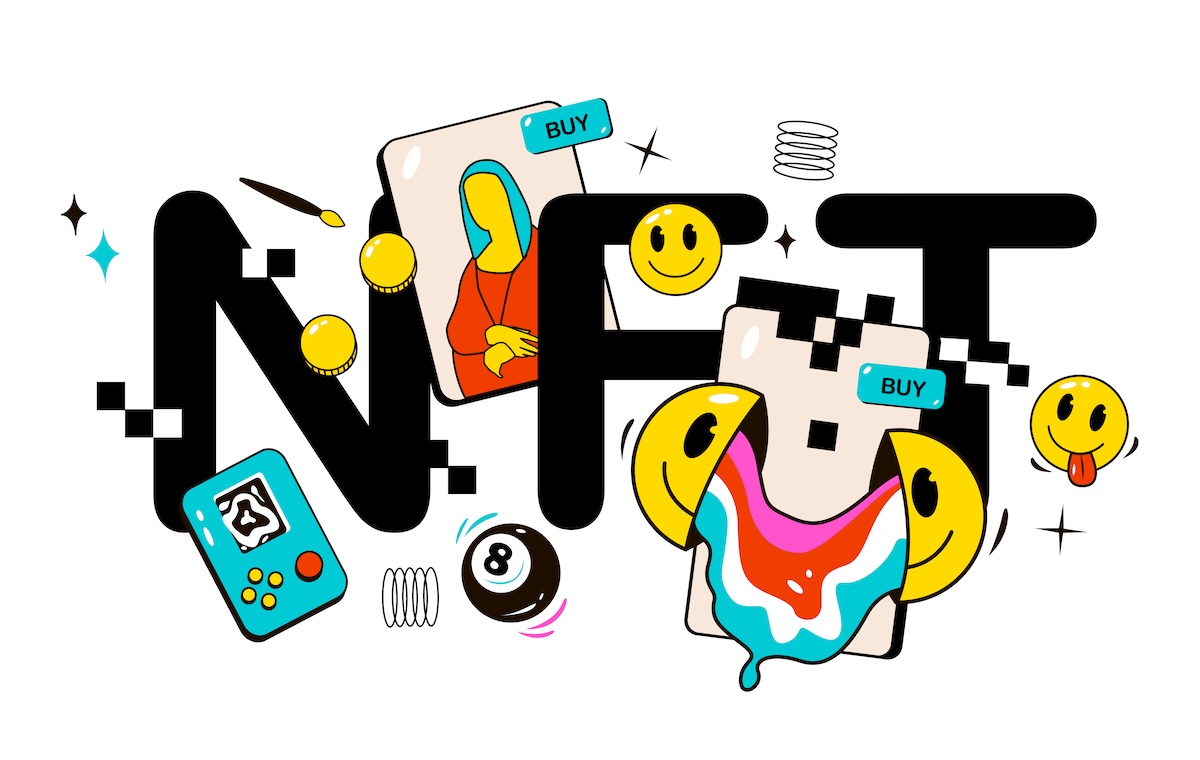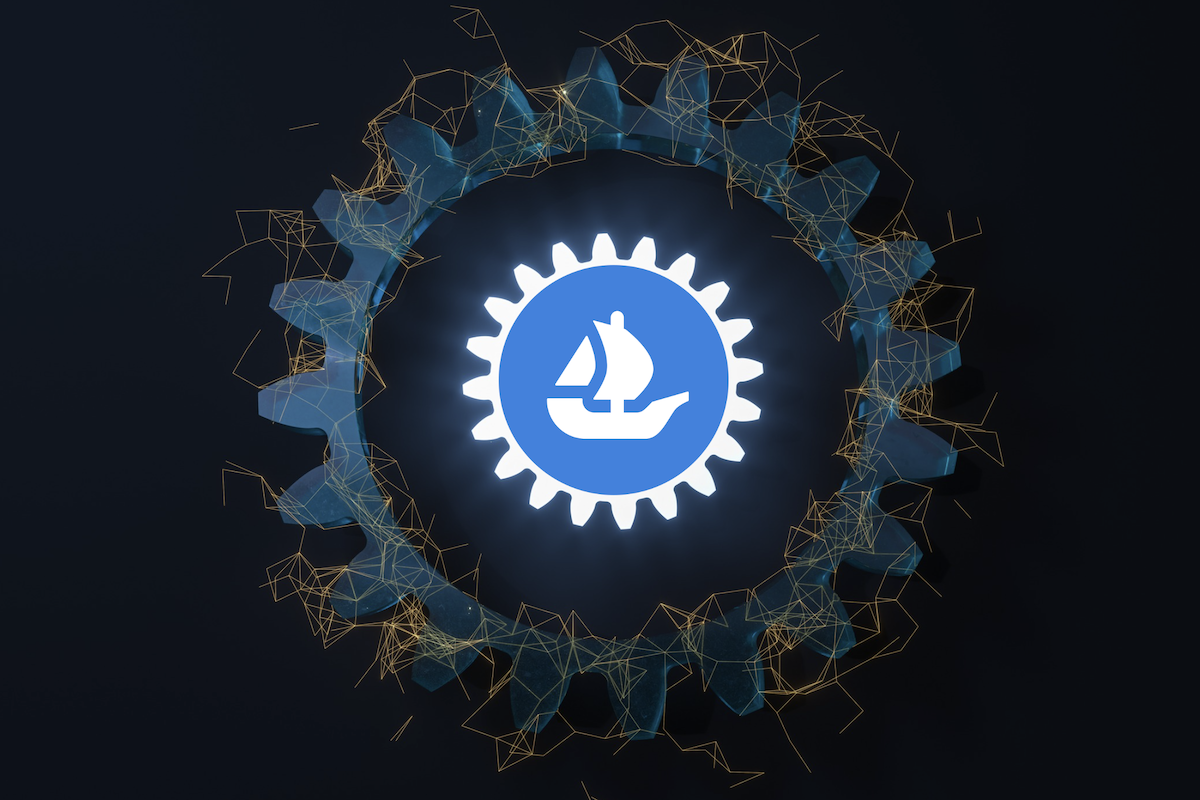Atari and DYLI Unveil Limited Edition Blockchain Patch Packs
Atari and DYLI release 500 limited patch packs on Abstract Chain, uniting retro designs with NFTs. Discover how to buy, trade, and redeem them for rewards.

If you’ve ever experienced the thrill of playing classic Atari games—or if you’re simply curious about how Web3 is redefining collectibles—you’re in for a treat. Atari has teamed up with a new blockchain-powered marketplace called DYLI to release 500 limited-edition physical patch packs, each linked to a redeemable NFT. In this article, we’ll explore the fascinating story behind Atari’s shift into blockchain, explain how these special patches work, and help you decide if they’re worth adding to your collection.
Why Atari’s Latest Blockchain Venture Matters
Picture yourself back in the 1980s, grinning ear to ear as you slam a joystick back and forth, trying to set a new record in Asteroids or Breakout. Atari was king of the arcade, and the brand came to symbolize a golden era of gaming. Decades later, Atari is making waves again—but not with a new console. Instead, it’s harnessing blockchain technology to keep its retro charm alive while embracing the future of digital ownership.
In this guide, you’ll learn why Atari’s collaboration with DYLI stands out among the latest Web3 projects. We’ll go step-by-step through everything you need to know—from how blockchain can ensure authenticity of collectibles to the thrill of unboxing a physical patch that could be signed by Atari founder Nolan Bushnell himself.
Atari’s Web3 Evolution
Atari didn’t jump into blockchain overnight. In fact, the company first tested the waters in 2018 by introducing a cryptocurrency called ATRI. While ATRI faced its share of bumps in the road, it showcased Atari’s willingness to explore new technology. By 2022, Atari had consolidated its Web3 initiatives under something called Atari X, an umbrella project that manages the company’s crypto and NFT experiments.
Since then, Atari has collaborated with well-known industry players such as Coinbase, Enjin, and The Sandbox to bring beloved games like Asteroids and Breakout onto blockchain platforms. Though Atari encountered a few hurdles along the way—like early regulatory challenges with ATRI—the brand showed impressive resilience, continuing to innovate even when things got tough.
Key Milestones
- 2018: Launch of the ATRI token, marking Atari’s first big move into crypto.
- 2022: Unveiling of Atari X, a unifying hub for the company’s NFT and blockchain efforts.
- Partnerships: Building NFT experiences with Enjin and bringing classic games to Coinbase’s Layer-2 blockchain, Base.
- OnChain Arcade: A program that turns retro Atari games into interactive blockchain experiences with features like NFT leaderboards.
These accomplishments set the stage for the latest collaboration between Atari and DYLI—a limited-edition patch pack drop that blends physical merchandise with blockchain-based authenticity.

What Is DYLI (Do You Like It?)
DYLI is an emerging social e-commerce platform built to make collecting and trading items in both the physical and digital realms more user-friendly. The name stands for “Do You Like It?,” reflecting the platform’s goal of making NFTs more approachable and fun for everyone. DYLI accomplishes this by hosting unique “drops” that combine nostalgia, pop culture, and blockchain technology into a single experience.
DYLI is powered by Abstract Chain, an upcoming Layer-2 (L2) solution on Ethereum. If you’re new to blockchain terms, think of a Layer-2 as a network built on top of Ethereum that speeds up transactions and reduces fees. That means when you buy or sell something on DYLI, you won’t have to pay hefty gas fees or deal with sluggish transaction times. Instead, Abstract Chain handles these transactions off Ethereum’s main network and then finalizes them efficiently on the main chain.
One of the major goals of DYLI is user-friendly NFT adoption. Traditional NFT platforms can be overwhelming, especially for someone just dipping their toes into crypto. DYLI streamlines this process by integrating a built-in wallet (powered by a service called Privy) and covering gas fees for its users. This makes it much easier for newbies to buy and trade collectibles without having to mess with multiple wallet setups or complicated payment processes.
Inside the Limited-Edition Patch Packs
There are 500 patch packs available, each costing $15. Inside each pack, you’ll discover:
- One of Seven Brand-New Atari Patches: Fresh designs that pay tribute to Atari’s gaming roots while blending modern flair.
- Rare Vintage Patches from the 1980s: Some packs contain a genuine piece of Atari history.
- Bonus Surprises: A few special packs come with stickers, gift cards, or other hidden treats.
- The Holy Grail (Signed Patch): One lucky buyer will find a patch signed by Nolan Bushnell, the founder of Atari.
It’s a bit like opening a blind box or a booster pack of trading cards—you won’t know exactly which design or extras you’ll get until you purchase it (and redeem the physical version).
Each pack costs $15, which is reasonable in the NFT market where prices can reach the thousands. There is a limited run of 500 packs, meaning that if demand exceeds supply, scarcity could drive their value up in the secondary market.
Once you buy a patch pack NFT on DYLI, you can hold it in your DYLI wallet indefinitely or even flip it on DYLI’s secondary marketplace if you think the hype will grow. But the real thrill comes from redeeming it physically. When you do, that’s when you discover if you landed a brand-new patch design or one of the vintage gems. Bonus items, like gift cards or the super-rare signed patch, remain hidden until you open the real-world package.
How DYLI Redeemable NFTs Work
A redeemable NFT is like a digital ticket that represents a real-world item. When you purchase your patch pack on DYLI, you receive an NFT that proves you’re the owner of that specific physical pack. You can keep that NFT, trade it with others on the marketplace, or eventually exchange it for the actual patch you can hold in your hands.
One of the biggest barriers for newcomers to NFTs is dealing with “gas fees.” These fees are the costs paid to blockchain miners or validators for processing transactions. DYLI solves this by covering all transaction fees on Abstract Chain. Think of it like going to a store where the merchant pays for shipping. You get your item without any hidden costs.
This approach is powered by something called “native paymasters,” which automatically pay for your transactions on the network. The result? You can focus on enjoying collectibles instead of worrying about how much each click on the blockchain will cost.
Collectors love scarcity and exclusivity. Because these patch packs are limited to 500 units, they could become hot commodities, especially once people start opening them and revealing which patches they got. The fact that you can trade the unopened NFT means it retains a sense of mystery—like a sealed pack of rare trading cards—and that can drive up demand.
Atari’s Broader Strategy
This patch pack release is just one part of Atari’s broader plan to bridge nostalgia with modern blockchain technology. Under the Atari X program, the company has been rolling out ideas that breathe new life into classic games. For instance, Asteroids and Breakout got an upgrade on Coinbase’s Layer-2 network, Base, complete with NFT-based leaderboards and prizes. It’s a clever way to engage both hardcore retro gamers and new fans eager to collect digital rewards.
Atari isn’t the only big name exploring Web3. Sega has partnered with Oasys to bring titles like Sangokushi Taisen onto the blockchain, and Ubisoft is launching its own blockchain-based game, Champions Tactics: Grimoria Chronicles. But Atari is doing something different. Instead of just focusing on games, it’s going after the whole NFT spectrum—from digital game assets to physical collectibles that link back to the chain.
Step-by-Step Guide: How to Secure Your Atari x DYLI Patch Pack
Ready to get one for yourself? Here’s how:
Pre-Launch Registration
- Go to DYLI’s Website: Look for the Atari patch pack promo or sign up link.
- Create an Account: DYLI will ask you to sign up with your email or social media.
- Set Up Your DYLI Wallet: A wallet is like your personal storage space on the blockchain. Don’t worry—DYLI’s built-in wallet makes this easy. No prior crypto experience is needed.
Wallet Setup
- Powered by Privy: This wallet service specializes in making blockchain use simple and secure.
- Compatible With USDC: USDC is a type of stablecoin pegged to the U.S. dollar, so you won’t have to guess how much your crypto is worth.
- Gas-Free Convenience: Because DYLI covers transaction fees, you won’t need to keep Ether (ETH) or any other token in your wallet to cover gas costs.
Purchase & Redemption
- Buy the Patch Pack: Each pack costs $15. You’ll see a “Buy” button once the drop goes live.
- Receive Your NFT: Instantly, you’ll get a redeemable NFT in your wallet showing that you own one of the 500 packs.
- Hold or Trade: You can keep your NFT sealed, or you can head over to DYLI’s secondary marketplace to sell or trade it with other collectors.
- Redeem Physically: When you’re ready, hit “Redeem.” DYLI will prompt you for a shipping address, and they’ll send the physical patch pack to your door.
- Open and Enjoy: Here’s the best part—unboxing your patch pack to see which design you got, whether you scored bonus items, and if you found that elusive Nolan Bushnell signed patch.
The Future of Physical-Digital Collectibles
Physical items that are tied to NFTs solve a major authenticity problem. For decades, collectors have worried about counterfeits—from fake baseball cards to knockoff sneakers. But with an NFT, it’s easy to verify who the original owner was, when it was sold, and how many copies exist.
This “digital deed of ownership” could transform how we buy and sell collectibles. Imagine verifying the authenticity of a vintage console or a rare comic book with just a few clicks on the blockchain. Atari’s patch packs are a small but important step in this direction.
If this patch pack sale is successful, it could spark a trend for other gaming and retail brands. Major companies might start releasing limited-edition sneakers, art prints, or action figures that come with blockchain certificates of authenticity. This could encourage mainstream adoption of Web3 tools and provide more transparent, trustless marketplaces for all kinds of merchandise.
Expert Opinions & Community Buzz
- Tyler Drewitz (Atari): “Web3 is the future of gaming and technology. We’re blending legacy with modern solutions to push boundaries.”
- Alex Needelman (DYLI Founder): “Partner drops will help onboard the next million users into Web3. We want to make NFT collecting as simple and exciting as grabbing a limited-run product from your favorite online store.”
A quick scan of Twitter (now called X), Discord and Reddit shows a lot of excitement around the patch packs. Fans are sharing which designs they want to see, speculating on resale value and sharing their hype to own a piece of Atari history.
Collecting Nostalgia in a Web3 World
If you’re an Atari fan, a blockchain enthusiast or just someone who loves exclusive merch, these limited edition patch packs are a new mix of nostalgia and innovation. For collectors who like physical items but also see value in verifiable digital ownership. The Atari x DYLI partnership shows how we’re thinking about collectibles: no longer just physical objects but experiences that can live on your shelf and on the blockchain.
Whether you want to wear it on your denim jacket or stash it away as an investment, this is your chance to get in on the ground floor of memorabilia. As Atari continues to explore Web3, we’ll see even more retro gaming innovation for old school fans and newbies alike. So, what are you waiting for? Level up your collection.
Frequently Asked Questions (FAQ)
1. What makes these patch packs different from regular Atari merchandise?
These patches are tied to redeemable NFTs, which provide a secure, verifiable digital ownership record. Plus, each pack carries a bit of mystery—you won’t know which patch design you get until you redeem it physically.
2. How do I trade or sell my patch pack NFT?
You can use DYLI’s secondary marketplace. Your unopened patch pack NFT can be listed for sale or traded at any point before you redeem it for the physical version.
3. Is there a time limit to redeem the physical patch?
No official time limit has been announced. However, it’s wise to redeem sooner rather than later to ensure you receive your patch without any unexpected delays.
4. Is this Atari’s first NFT collaboration?
No. Atari has been experimenting with NFTs and crypto since 2018, with projects like the ATRI token and OnChain Arcade. However, the patch packs bring a new twist by merging physical items with blockchain verification.
5. What is Abstract Chain and why is it relevant?
Abstract Chain is a Layer-2 scaling network for Ethereum. It processes transactions faster and at lower cost, allowing DYLI to provide gas-free purchases and redemptions for users. This technology helps make NFT collecting more accessible to everyone.
Editor’s note: This article was written with the assistance of AI. Edited and fact-checked by Owen Skelton.





